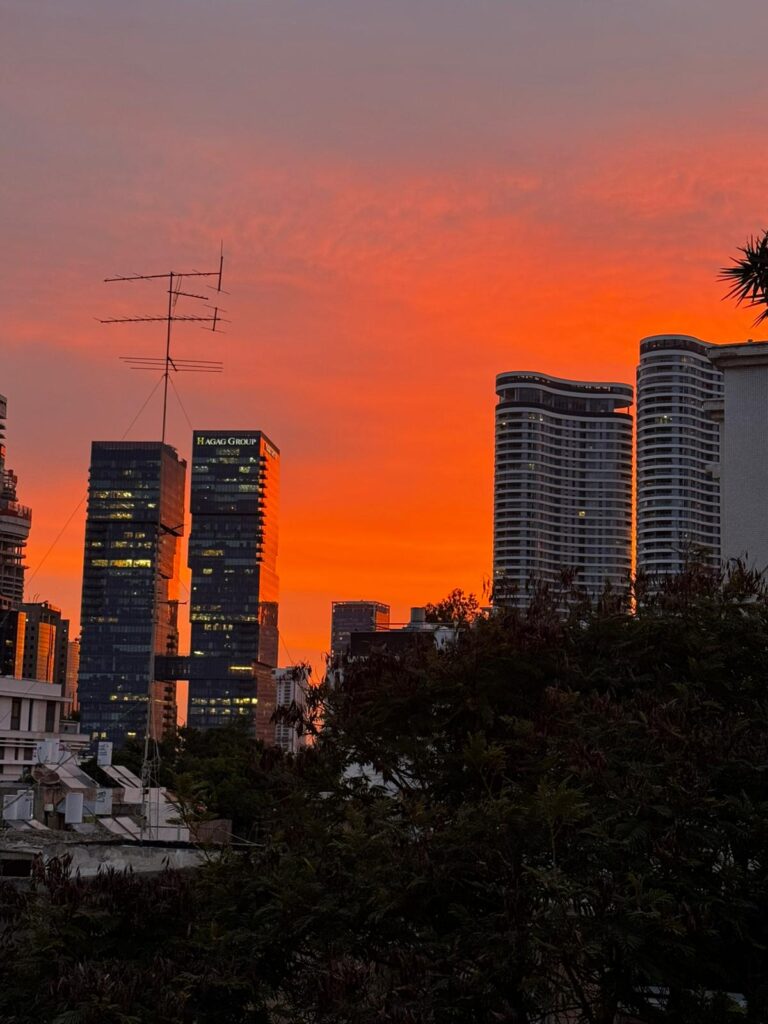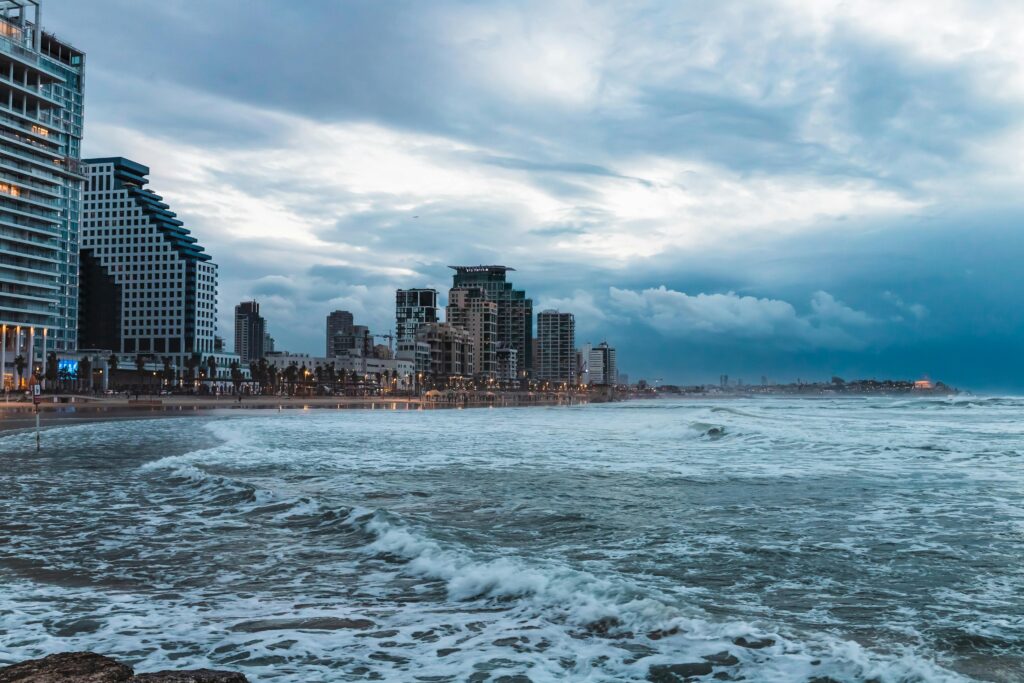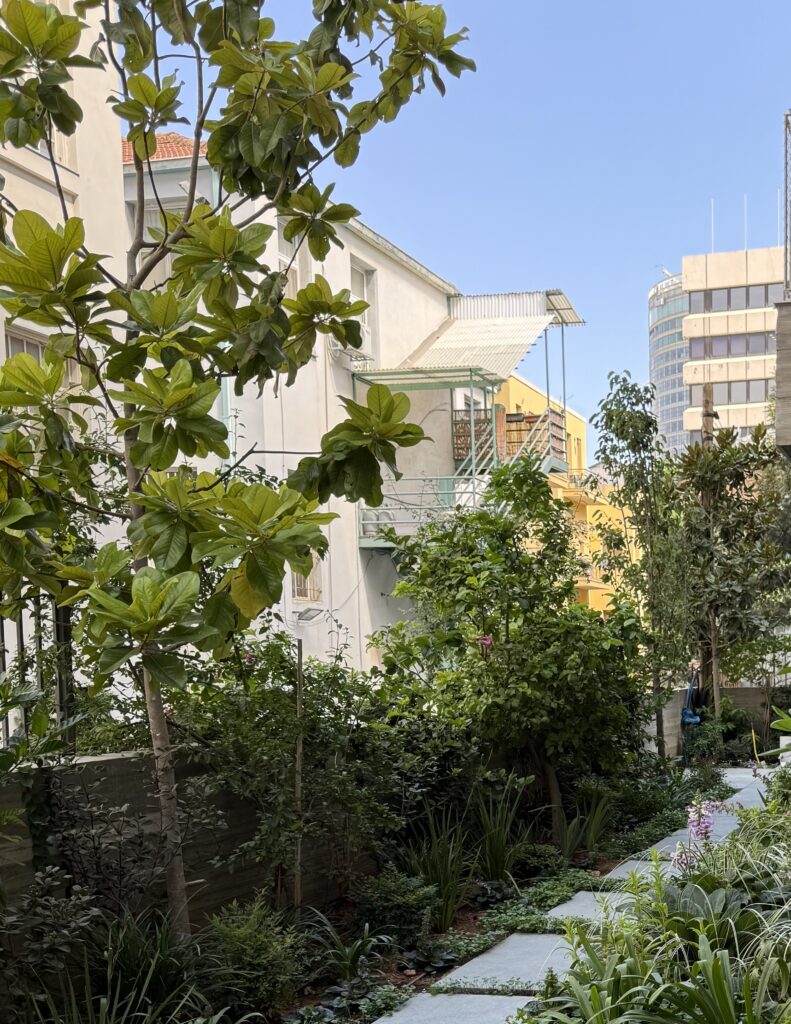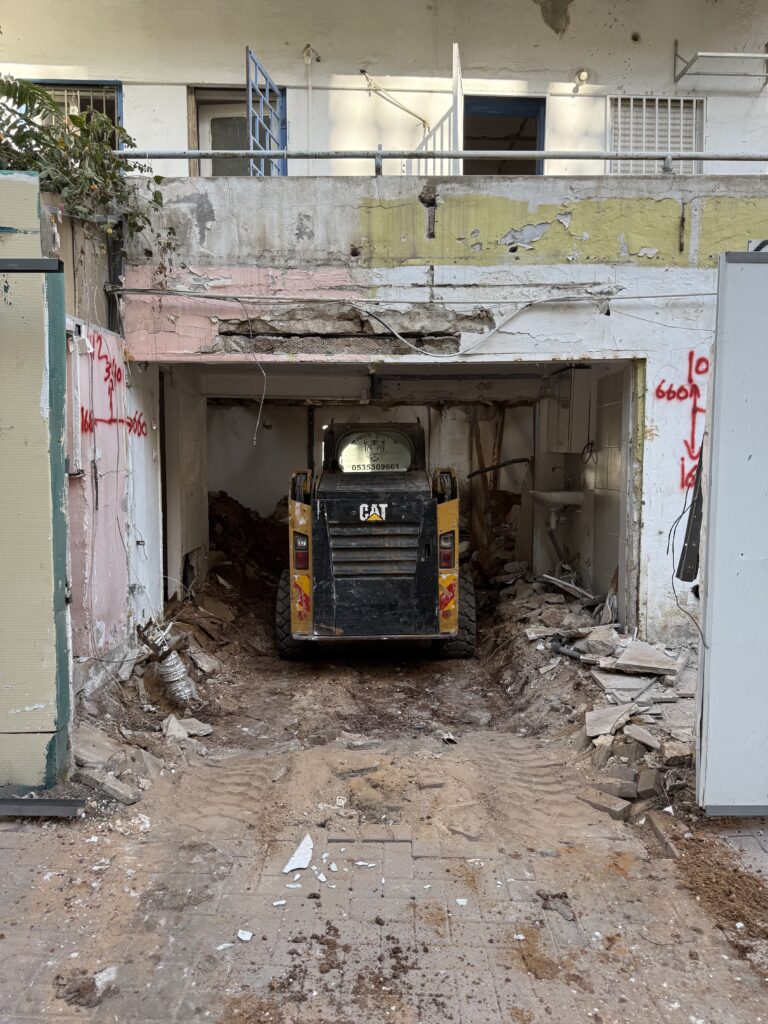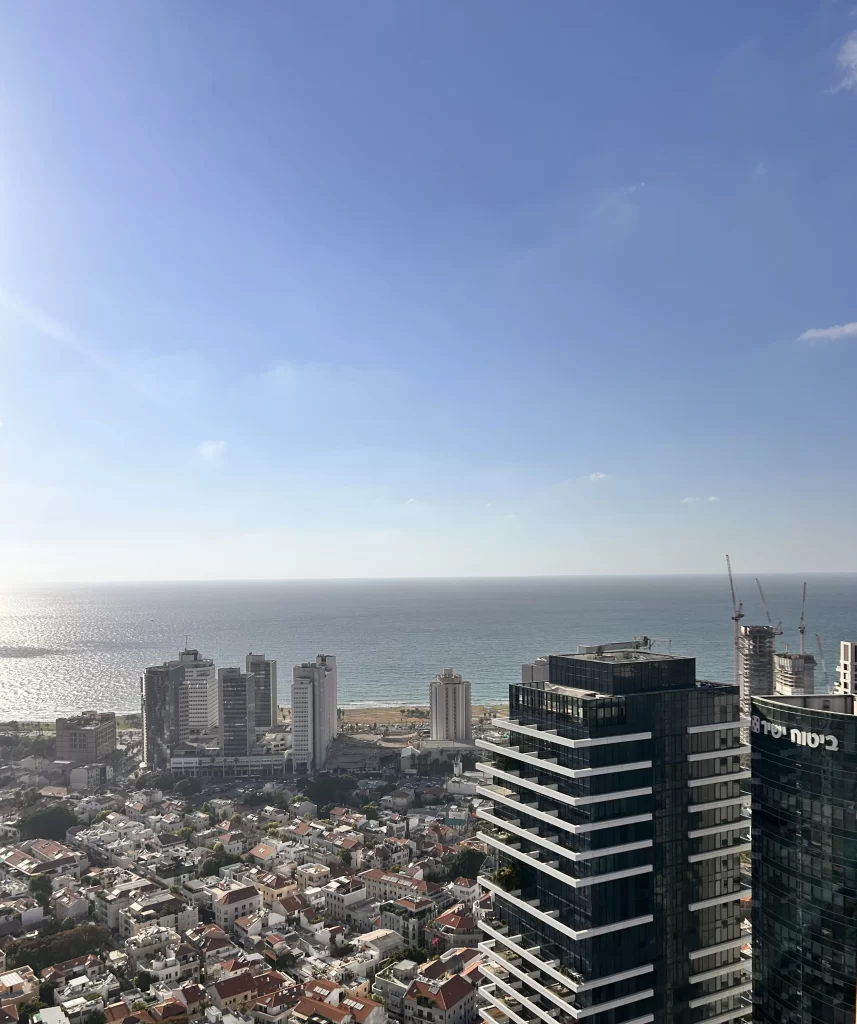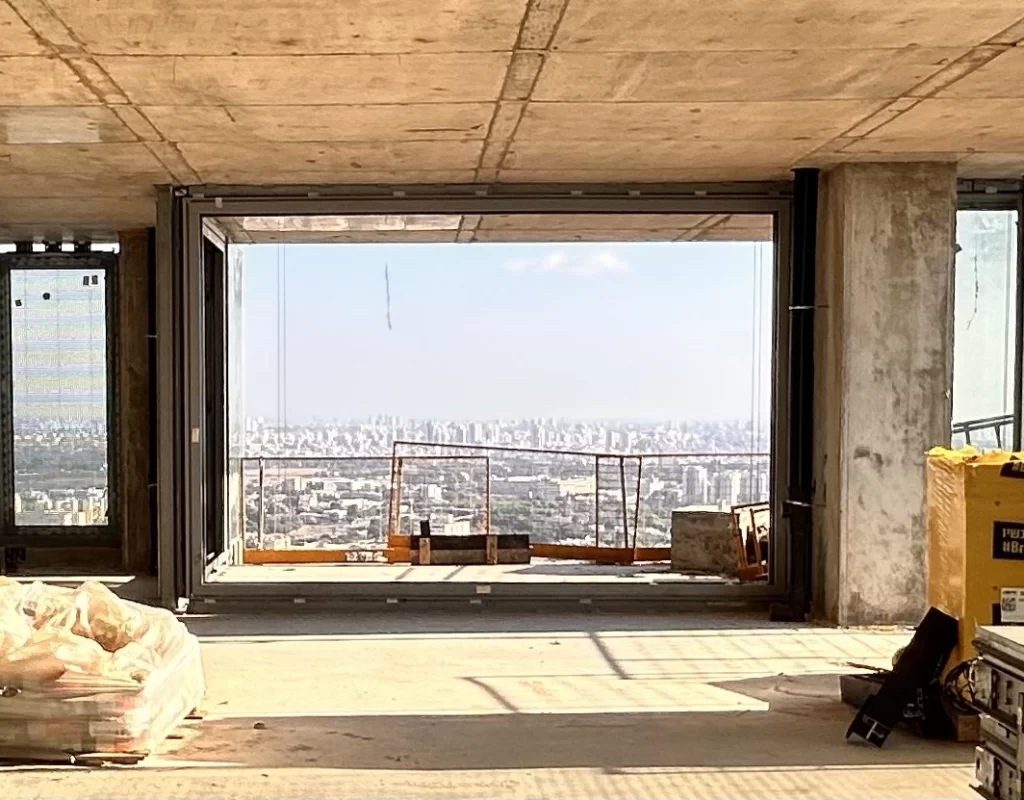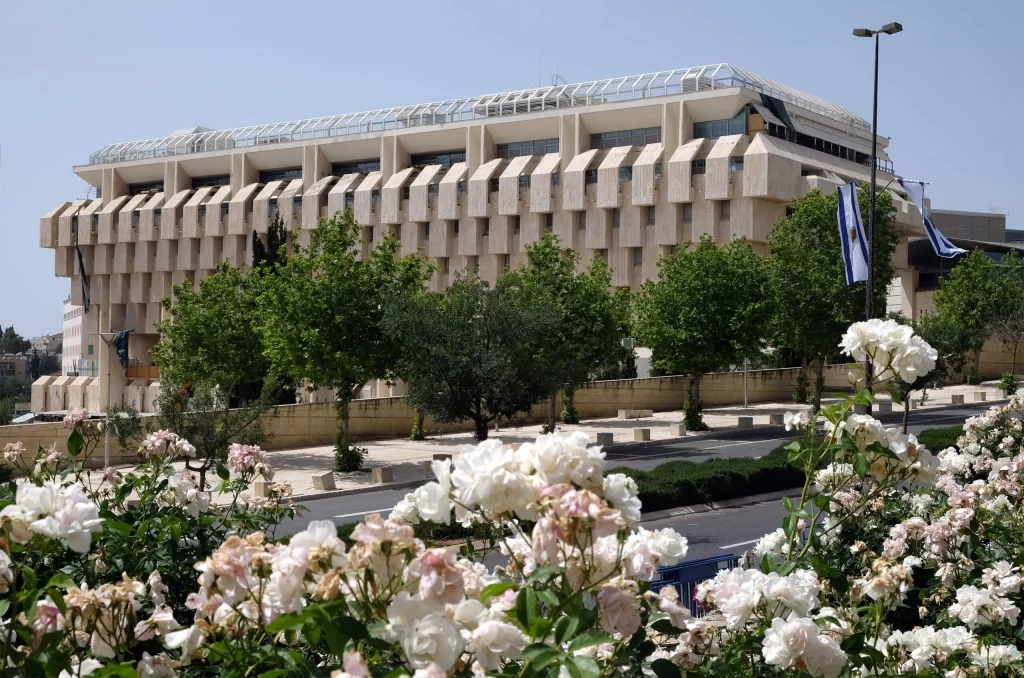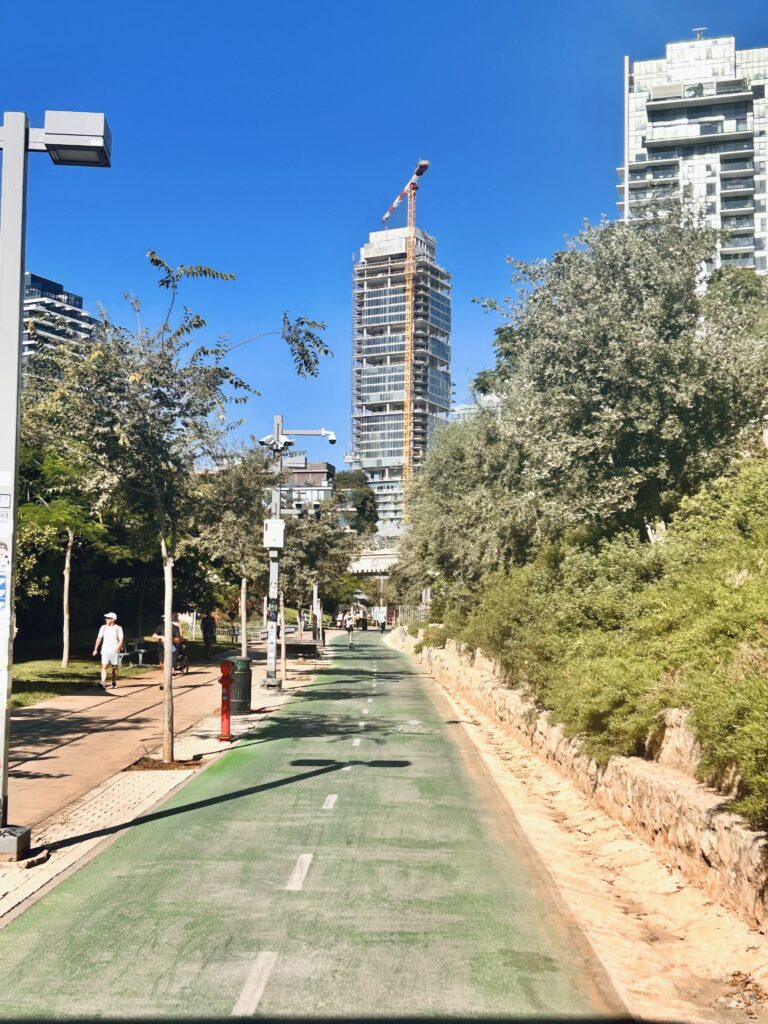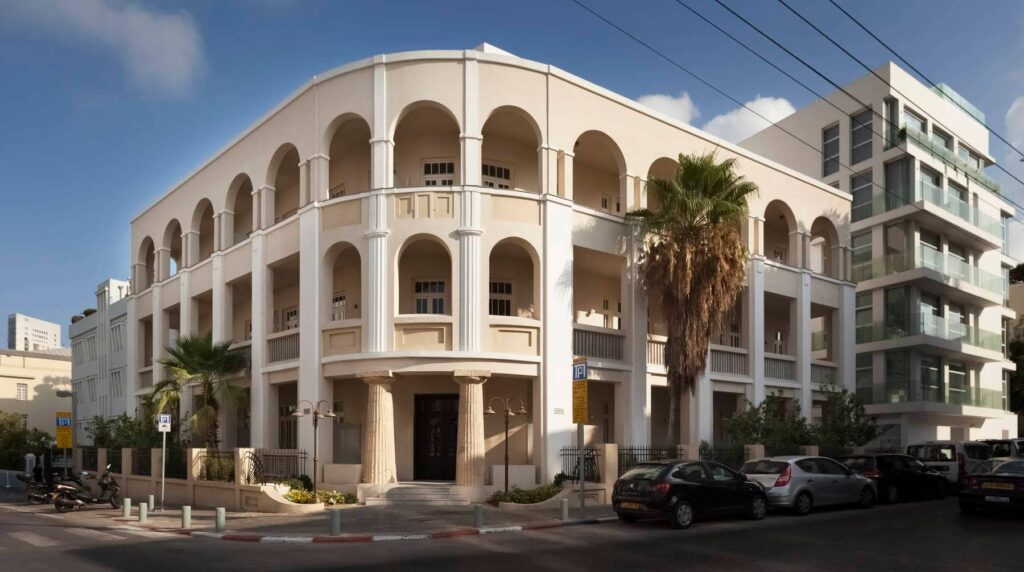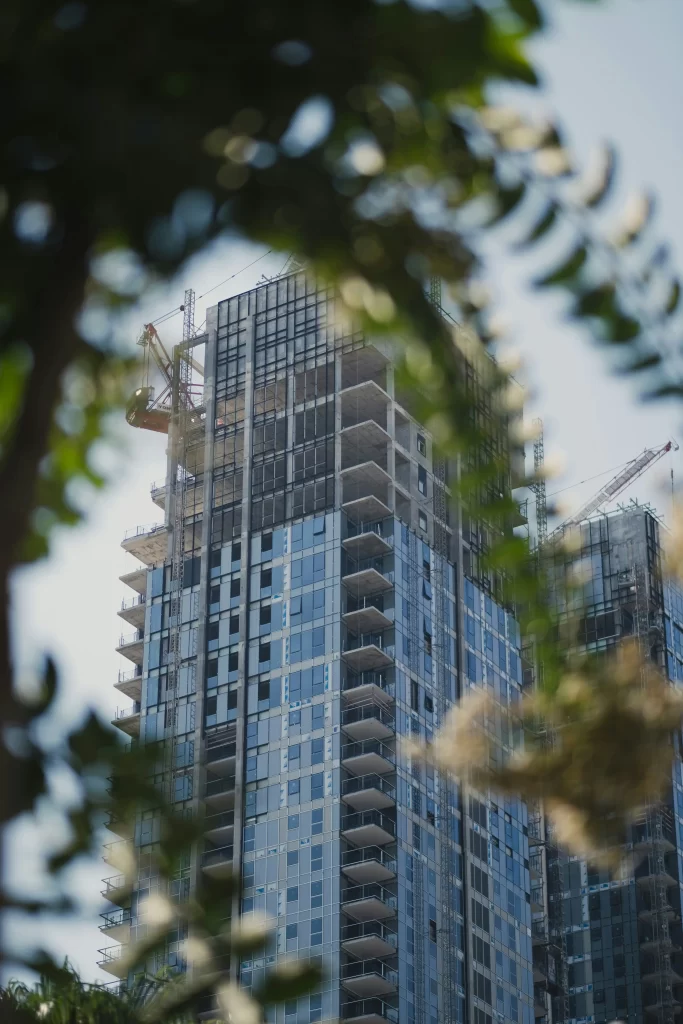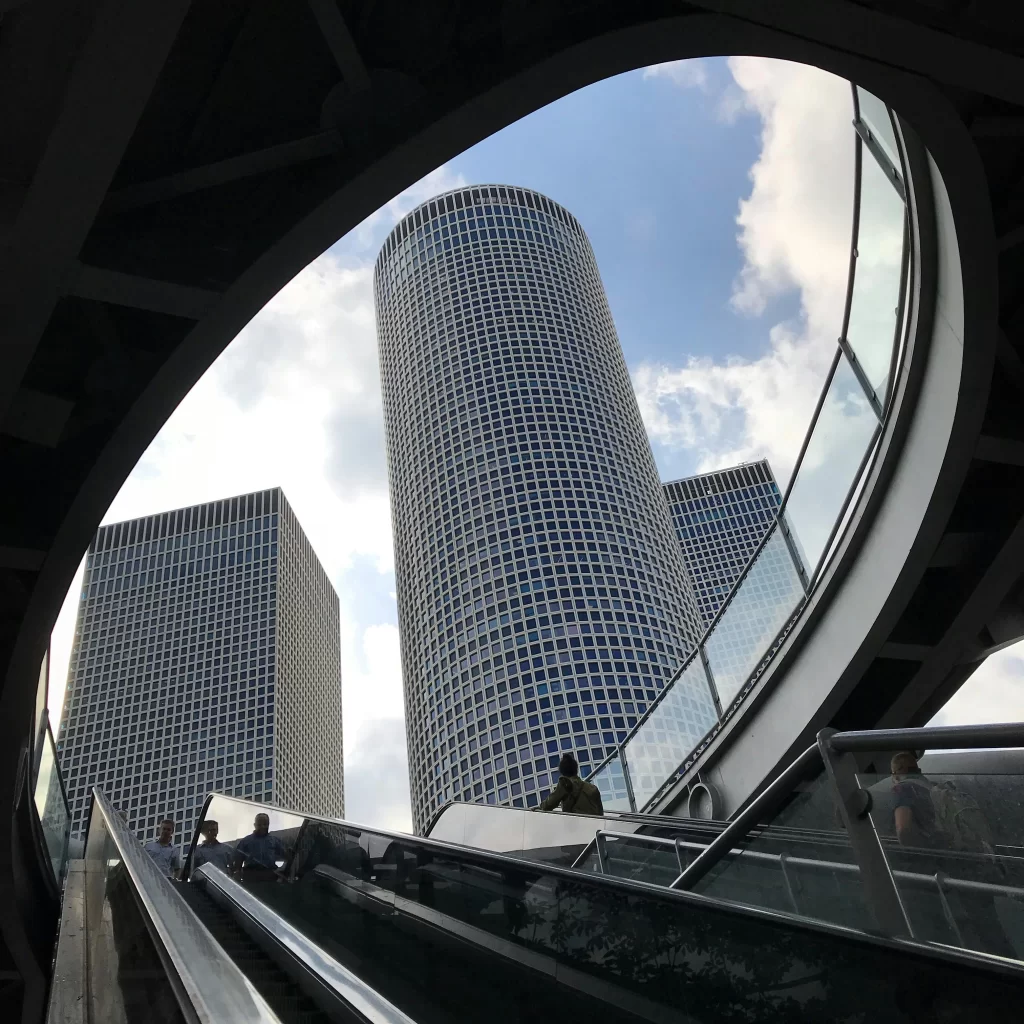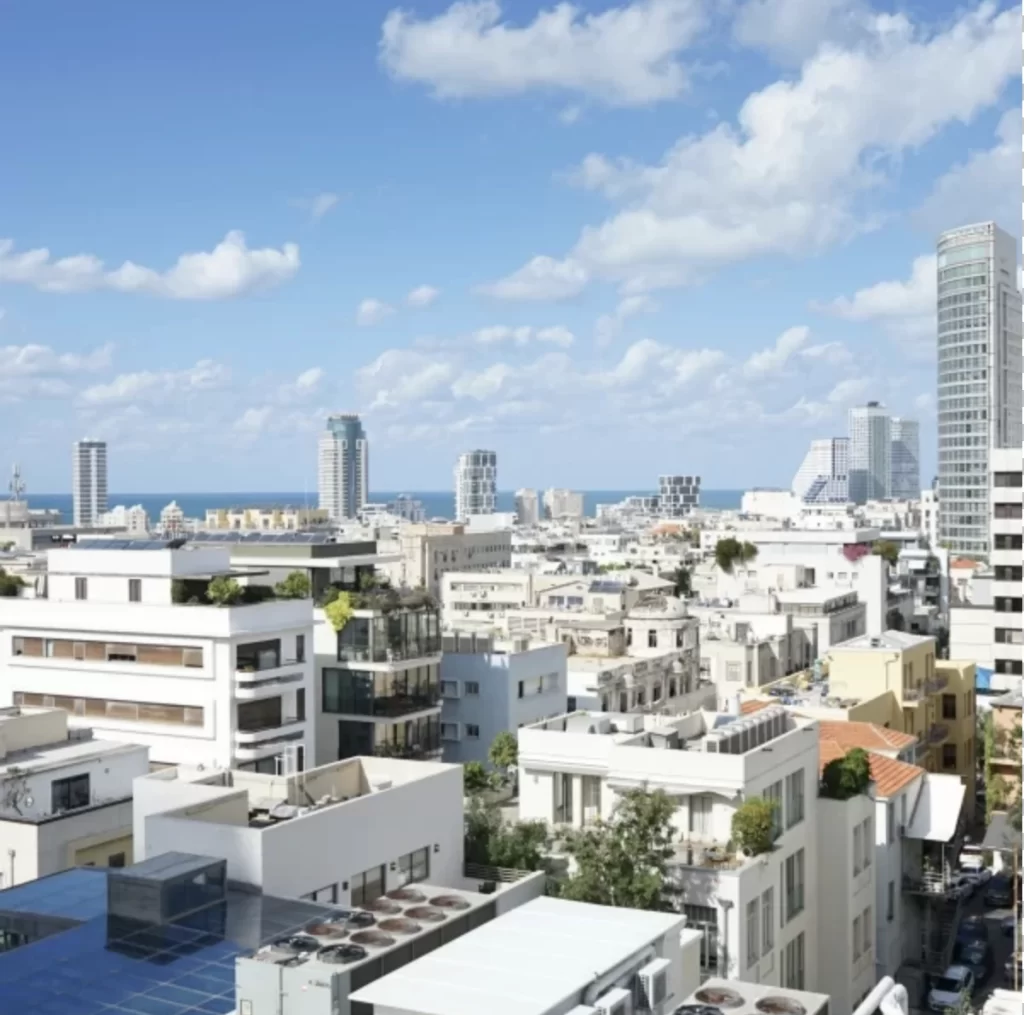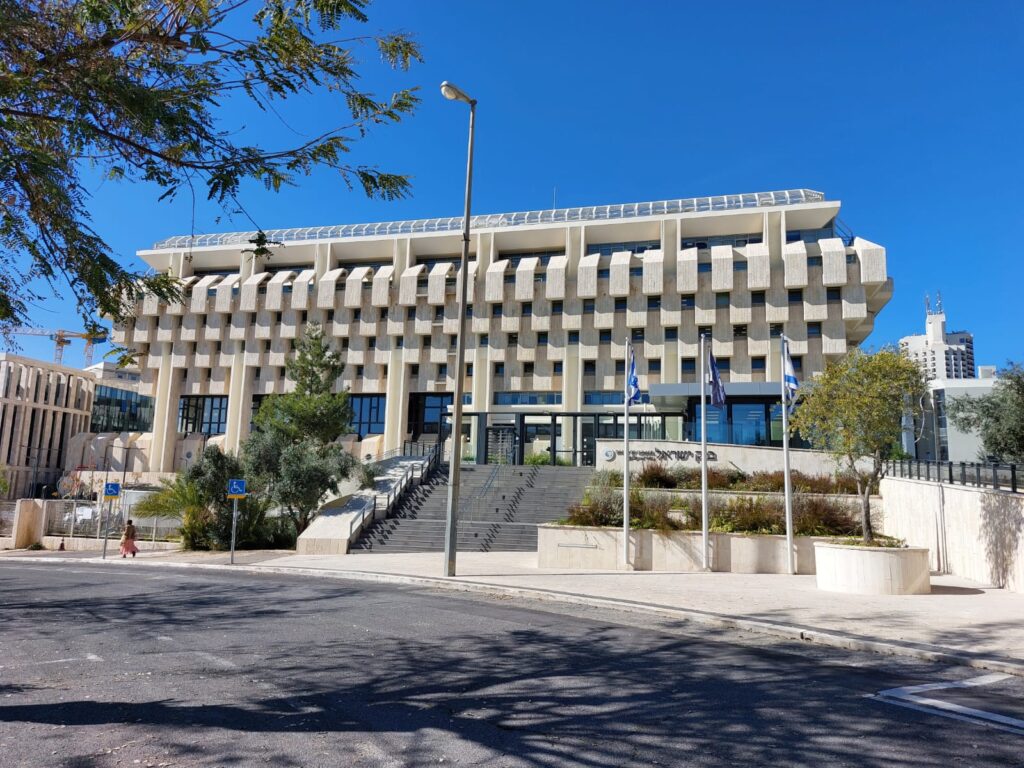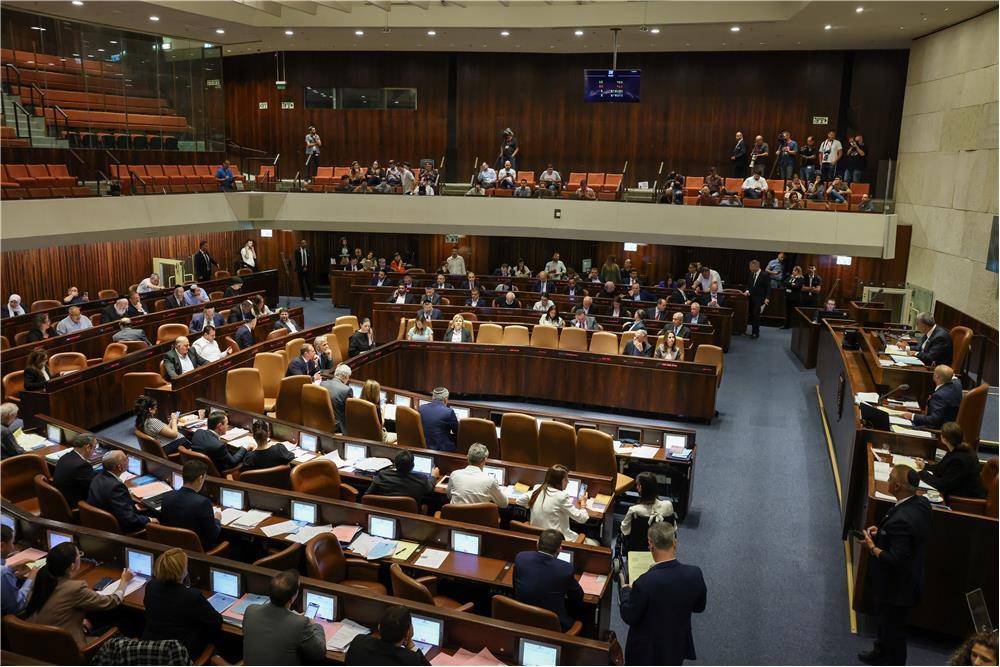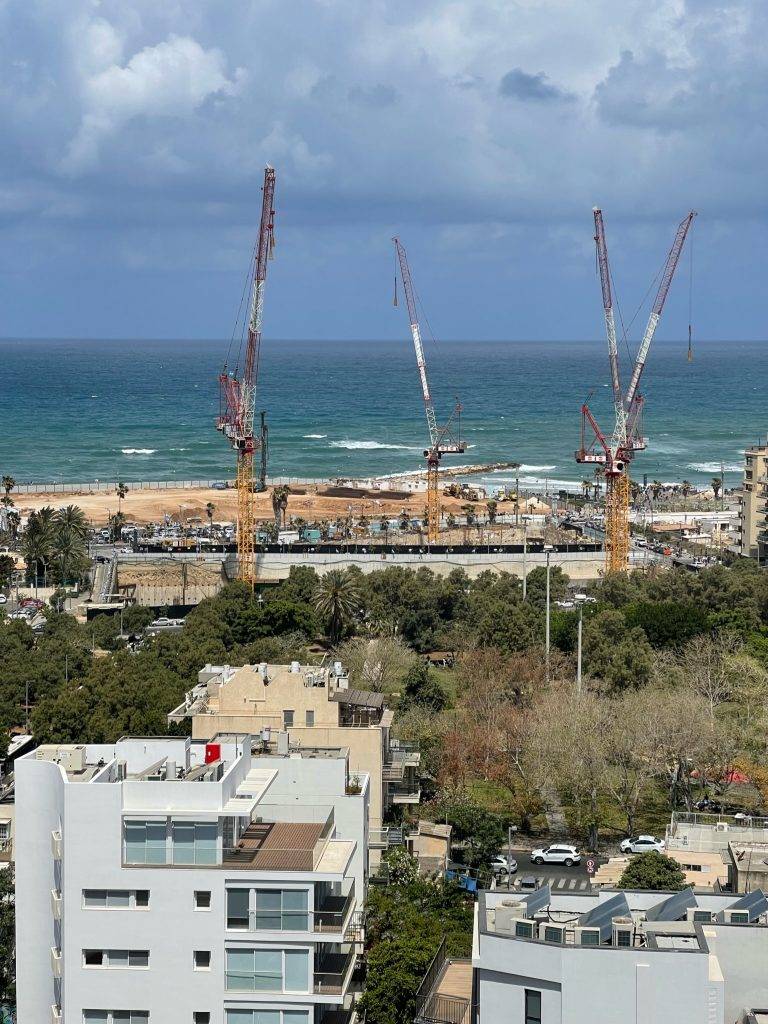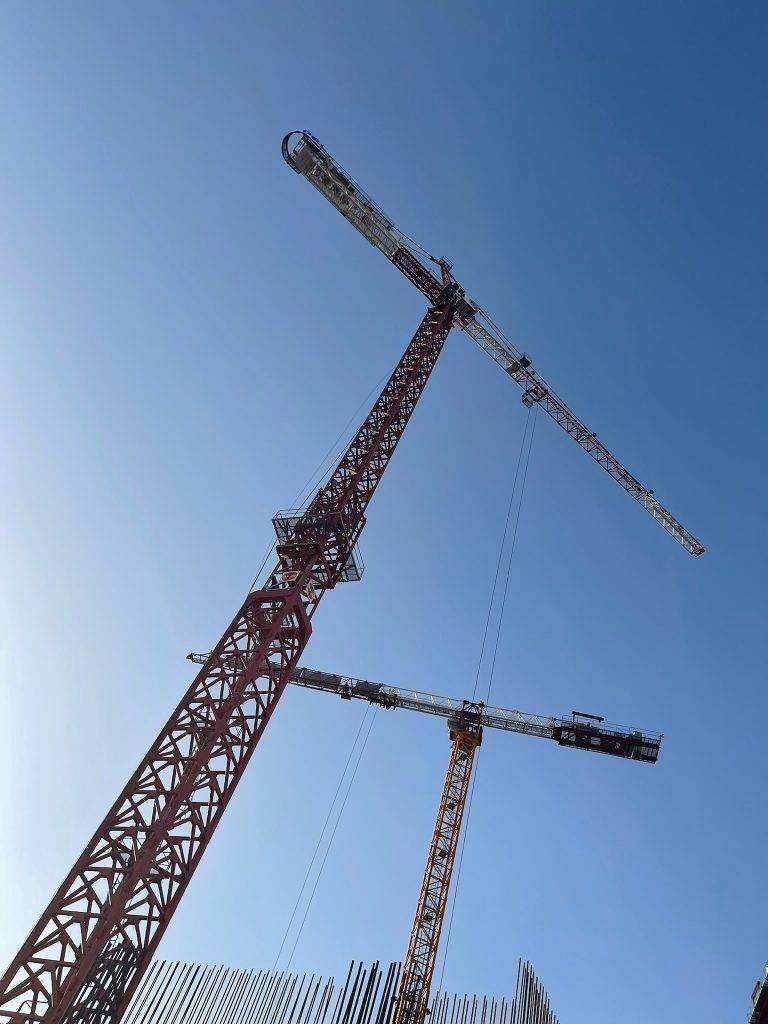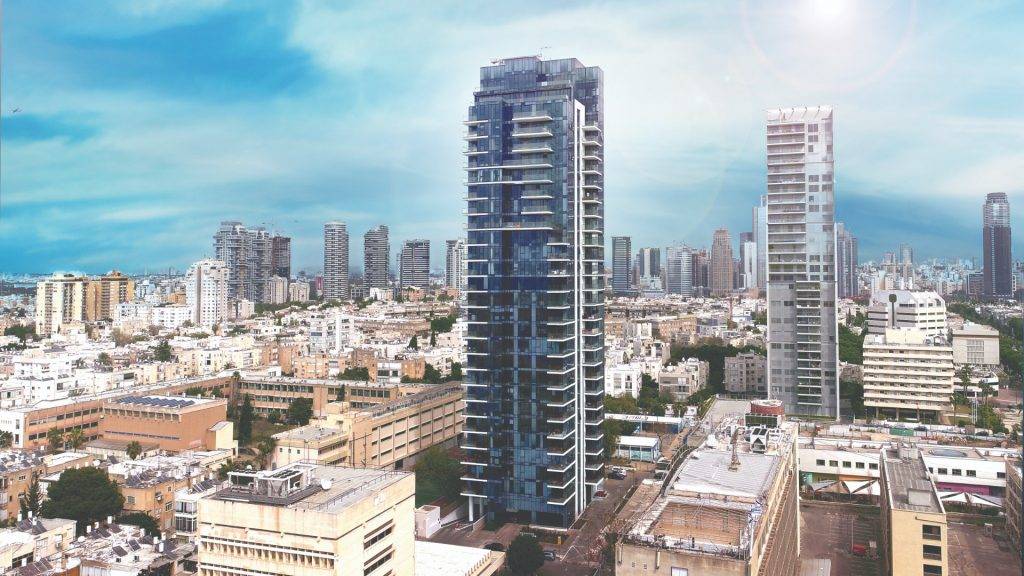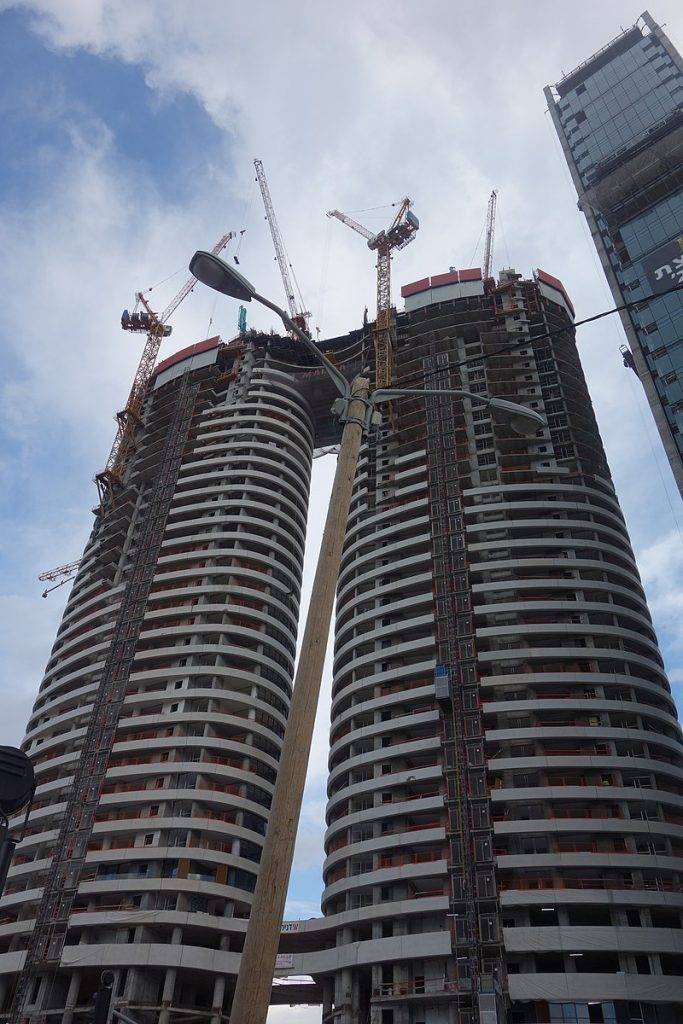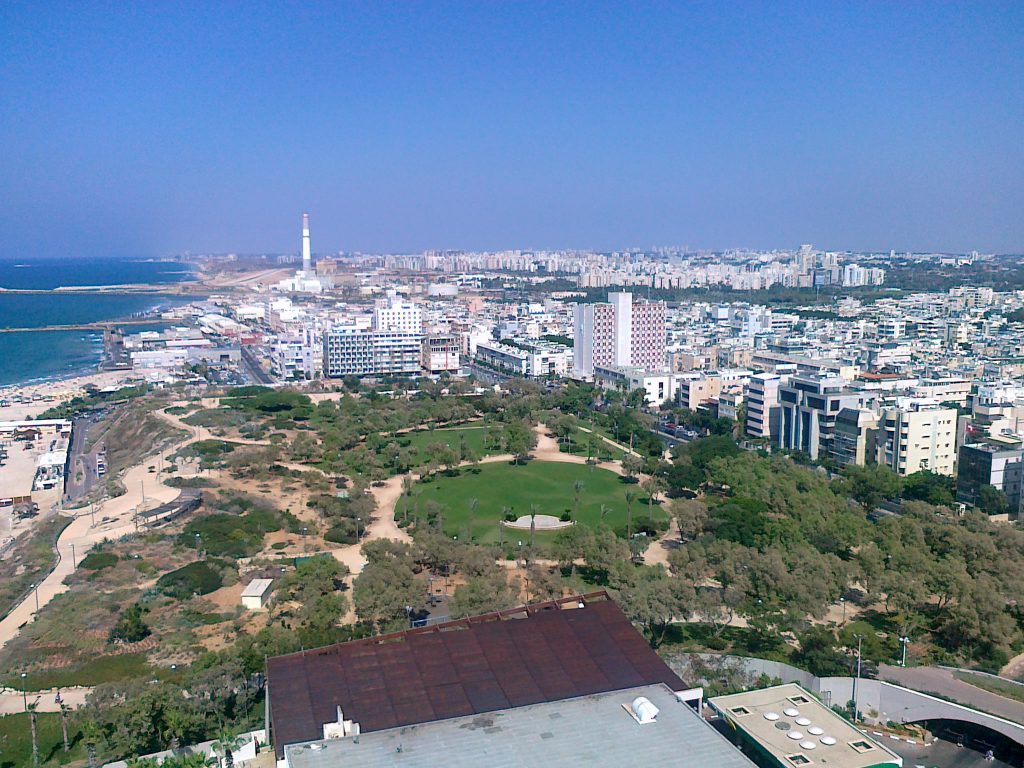WHY INVEST IN HOTELS IN ISRAEL
Overview and Growth and Grant Programs
Summary:
The Israel hotel industry is no exception and suffered dramatic losses during the pandemic. Since, however, tourists numbers, room occupancy and revenues per rooms have recovered to almost reach the 2019 levels. Forecasts predict an exponential growth in tourism in the coming years. Hotel investments and the availability of new rooms have not kept up. Thus, the government has introduced a series of amendments to the existing grants programs to increase the immediate profitability of new projects, fast track the permitting process for the establishment of new hotels, the expansion of existing hotels and the conversion of existing preserved buildings into hotels.
Israel Hotel Investment
Israel Hotel Investment
Israel Hotel Investment
Israel Hotel Investment
Israel Hotel Investment
Israel Hotel Investment
Tel Aviv Hotel Investement
Tel Aviv Hotel Investement
Tel Aviv Hotel Investement
Tel Aviv Hotel Investement
Tel Aviv Hotel Investement
Tel Aviv Hotel Investement
Jerusalem Hotel Investment
Jerusalem Hotel Investment
Jerusalem Hotel Investment
Jerusalem Hotel Investment
Jerusalem Hotel Investment
Jerusalem Hotel Investment
Hotels Israel
Hotels Israel
Hotels Israel
Hotels Israel
Hotels Israel
Hotels Israel
Hotels Tel Aviv
Hotels Tel Aviv
Hotels Tel Aviv
Hotels Tel Aviv
Hotels Tel Aviv
Hotels Tel Aviv
Hotels Jerusalem
Hotels Jerusalem
Hotels Jerusalem
Hotels Jerusalem
Hotels Jerusalem
Hotels Jerusalem
Hospitality Investment
Hospitality Investment
Hospitality Investment
Hospitality Investment
Hospitality Investment
Hospitality Investment
Five star hotels
Five star hotels
Five star hotels
Five star hotels
Five star hotels
Five star hotels
Luxury Hotels
Luxury Hotels
Luxury Hotels
Luxury Hotels
Luxury Hotels
Luxury Hotels
Israel Hotel Investment Summit
Israel Hotel Investment Summit
Israel Hotel Investment Summit
Israel Hotel Investment Summit
Israel Hotel Investment Summit
Israel Hotel Investment Summit
Ministry of Tourism
Ministry of Tourism
Ministry of Tourism
Ministry of Tourism
Ministry of Tourism
Ministry of Tourism
Israel
Israel
Israel
Israel
Israel
Israel
Tel Aviv
Tel Aviv
Tel Aviv
Tel Aviv
Tel Aviv
Tel Aviv
Jerusalem
Jerusalem
Jerusalem
Jerusalem
Jerusalem
Jerusalem
The Israeli Hotel and Travel and Tourism Sector
The travel and tourism industry long term trend has been showing consistent rapid growth, especially in the run up to the COVID pandemic. There are many reasons for this phenomenon, but probably the most important one, is the efforts by the government and the municipality to encourage investments in the sector, the improvements in infrastructures and services and a general marketing and branding push . Between 2016 and 2019, the Israeli tourism industry recorded a compound annual growth rate (CAGR) of 16.2%.
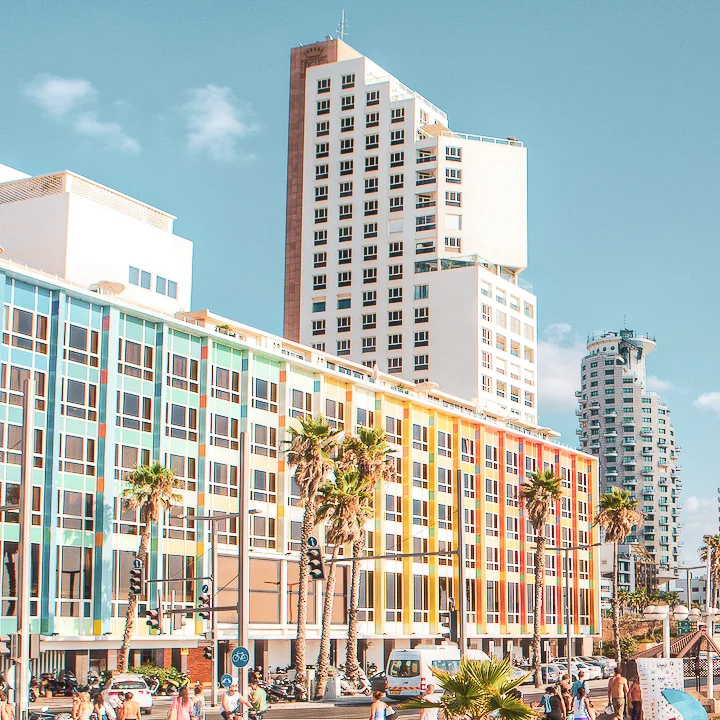
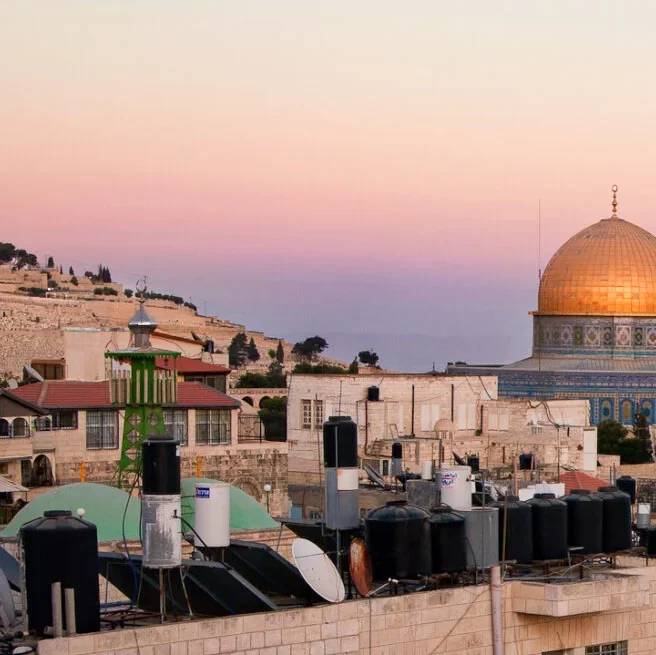

COVID-19 was a major set back, but in the retrospect, the industry is not unfamiliar to bookings and occupancy numbers ‘cratering’. In the past, when geopolitical crises erupted in the region, tourists were fast to cancel. When I used to come as a tourist, I remember spending high holidays literally alone in the hotel.
The depth and length of the pandemic, however, and its aftermath are of a unchartered scale. The ensuing traveling mayhems and sharp increases in costs, certainly didn’t help. But the end of the tunnel is near and we are seeing numbers quickly reaching near 2019 levels. Forecasts show explosive growth in the coming years. Growth is expected to reach new records of volume and revenue by 2025. The Israeli economy recovered fairly quickly in comparison to other OECD countries. Even inflation numbers, although high, are significantly lower than most advanced economies. This allowed many luxury and leisure industries, particularly international travel, to recoup their activities.
Growth and recovery of the Israeli travel and tourism industry are made possible as a result of a robust national economy and increasing volume of international and domestic tourists. Moreover, in recent years the Israeli government has invested in the development of the tourism sector in Israel with larger allocated budgets and innovative programs to encourage improvement in the sector.
Tourists Arrivals
Hotel Performance in Israel and Emerging Opportunities for International Hotel Brands
In line with the growth in the tourism industry prior to the pandemic, investment in Israel also reached exceptional levels, and growing almost uninterrupted during the pandemic. As a high government priority, hotel projects moved forward thanks to their support. As a result, hotels recorded an exceptionally quick recovery of revenues after the pandemic showing increasing revenues, margins and profits reaching pre pandemic levels, sometimes even surpassing them.
One caveat however, is the supply of available rooms. The increase in demand will soon struggle to be met. Estimates of the forward supply deficit range in the thousands of rooms needed to palliate the endemic dearth in available rooms. This shortage constitutes a real opportunity for foreign hotel investors and operators with tenders for new projects published each year in leading tourism destinations such as Tel Aviv, Jerusalem, Eilat, and the Dead Sea.
Government Grant Program to Encourage Foreign Investors
Further to the policy of the Ministry of Tourism to promote and encourage the addition of lodging facilities in Israel, this year too, a procedure is being published to establish and expand hoteliery facilities. The Ministry is acting to restore the traffic of incoming tourism to Israel, and as a result the recovery of the tourism industry following the severe COVID19 crisis that has impacted Israel. However, despite the effects of the COVID19 pandemic, progress has been recorded both in planning hotel projects and in building of projects that started before the pandemic broke out. The Ministry believes that the right thing to do at present is to act to realize the potential lying in investments in hoteliery, entrepreneurship, tourism infrastructures and the tourist experience.
The Ministry has introduced a number of procedures to further promote the investment in hotel:
The Ministry of Tourism has implemented Procedures that will facilitate construction of new hotels or expansion of existing ones, while giving priority to areas in high demand among tourists. This is in accordance with the Encouragement of Capital Investments Law, 5719-1959 and subject to the current priority map in the tourism industry.
Grants
According to the 2018 procedure, the Israel Ministry of Tourism provides a grant valued at 20% of the investment for:
- the construction of new hotels or expansion of existing ones,
- the restoration and conversion of structures for hotel use.
Prerequisites to apply for a grant:
- A valid urban construction plan designated for the purposes of establishing/ expanding a hotel
- Rights to the land (ownership or leasing agreement for a period of 20 years, or an appropriate and valid development agreement with the Israel Lands Authority).
- Proof of financial ability to pay equity of at least 30% of the total investment required for the project.
New priority map for the tourism industry
In order to be eligible to a grant, the project must be located within the priority map for the tourism industry. This map was expanded in 2016 and now involves most areas of the country, excluding Tel Aviv and Herzliya.
Amendment No.107 to the Planning and Building Law [5725-1965]
In addition to the existing grants, Amendment No.107 to the Planning and Building Law [5725-1965] proposed by the Tourism Minister, MK Yariv Levin, and the Ministry of Finance, was passed by the Knesset on August 1, 2016. This amendment aims to:
- Increase economic profitability for investors in the hotel industry,
- Simplify and shorten the process of hotel planning and construction in Israel.
Increased economic profitability
Please note, the existing Planning and Building Law already offers the possibility for hotel promoters to request a permit for up to an additional 40% of the authorized surface for hotel purposes (§62a(1a)(3) of the Planning and Building Law) when building a hotel.
This new Amendment now offers hotel promoters an opportunity to request a permit for up to an additional 20% of the authorized surface mentioned above for residential use when:
- Building a new hotel
- Converting an existing property into a hotel or
- Expanding an existing hotel: the expansion must be minimum 50 new rooms. 20% of this expanded surface can be allocated for residential use (not the whole surface of the hotel).
This section of the Amendment regarding the additional 20% for residential use is valid for 2 years only from the date of publication of the Amendment.
► Example: a hotel chain intends to build a new 1000m2 hotel in Israel. The proprietor has the following 4 options:
- Remain with 1000m2,
- Add up to 400m2 for hotel use, for a total of 1400m2,
- Add up to 200m2 for residential use, for a total surface of 1200m2,
- Add up to 200m2 for residential use and 200m2 for hotel use, for a total surface of 1400m2.
Less bureaucracy: a shorter and centralized procedure
In order to simplify and to accelerate the process of planning hotels, it is now possible to have new hotel projects classified as “national infrastructures”.
National infrastructures are defined in the Planning and Building Law as installations of public importance such as airports and roads. New tourism infrastructures are now also included in the definition of national infrastructures (§76b(1) of the law).
The following new projects may be classified as “National Infrastructures”
(§1 of the Law):
- Hotel of at least 400 rooms or
- 2 hotels of at least 300 rooms overall or
- 4 hotels of at least 25 rooms in each hotel or
- A transport infrastructure with a potential to attract tourism to the region.
- A tourism attraction, with a potential to attract tourism to the region, built in the area of one of the hotel projects listed above.
The National Infrastructure Committee
The National Infrastructure Committee is the Authority to approve the above-mentioned tourism infrastructure projects.
The National Infrastructure Committee is a “one stop shop” for the investor: from the day the application is filed until the building permit is granted.
► Example: a hotel chain intends to build 3 new hotels, for a total of 350 rooms:
- one in Eilat,
- one in Jerusalem and
- one in Tel Aviv.
Instead of filing 3 separate requests with the Local Committees of each of these cities (Eilat, Jerusalem and Tel Aviv) in order to obtain 3 building permits, the hotel chain will file the 3 requests only with the National Infrastructure Committee for the 3 hotels.

